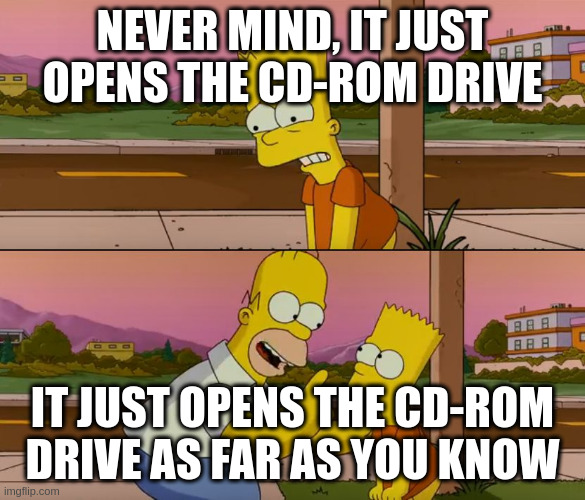Yeah. I figured the day-of-the-month change should definitely happen at UTC midnight. I kindof like the idea that a day of the week lasts from before I wake up to after I go to sleep. (Or at least that there’s no changeover during business hours.)
But hell. If you wanted to run for president of the world on a platform of reforming date/time tracking but planned for the days of the week to change at midnight UTC, I’d still vote for you.









This but unironically.